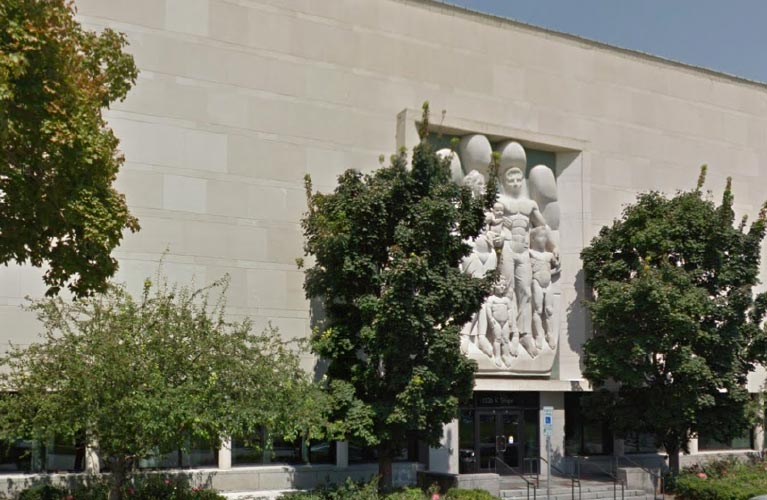
NDBF Cautions Investors to Watch for Scams in Wake of Hurricane Harvey
AUGUST 31, 2017 (Lincoln, Neb.) — In the wake of widespread damage caused by Hurricane Harvey in Texas and Louisiana, the Nebraska Department of Banking and Finance (“NDBF”) is cautioning investors to watch out for opportunistic investment scams.
“As we are seeing in Texas and Louisiana, natural disasters bring out the best in people, with neighbors helping neighbors. Unfortunately, we know from experience that disasters also can bring out the worst in people, particularly those seeking to profit from the misfortune of others,” NDBF Deputy Director Claire McHenry said. “Unsolicited investment offers seeking to capitalize on the aftermath of Hurricane Harvey should be approached with extreme caution.”
McHenry urged investors to watch for red flags of hurricane-related scams, including unsolicited email, social media messages, crowdfunding pitches or telephone calls promoting investment pools or bonds to help storm victims, water-removal or purification technologies, electricity-generating devices and distressed real estate remediation programs.
Scam artists also may linger to prey on storm victims who anticipate receiving large lump-sum insurance settlements. “The potential for fraud remains even after the skies have cleared. Be wary of any promoter promising quick and high returns on your investments,” McHenry warned.
NDBF also cautioned about fraudulent charitable solicitations that prey on the goodness of people seeking to help those in need. “The best advice is to do your research. Give to those charitable organizations that are registered properly with state authorities. As with any charitable contribution, those who want to contribute to relief efforts should send contributions to only those charities with an established track record of making sure the donations get to the victims,” McHenry said.
NDBF offered three tips to help investors avoid disaster-related scams:
- Delete unsolicited emails or social media messages and hang up on aggressive cold callers promoting hurricane-related investments, especially those from small companies touting unproven or new technologies or products.
- Use common sense. Claims of guaranteed returns or low/no investment risk are classic red flags. Every investment involves some degree of risk.
- Do your homework. Contact NDBF to check that both the seller and investment are licensed and registered. If not, they may be operating illegally.
More information about the laws governing the securities industry in Nebraska can be found on NDBF’s website at www.ndbf.nebraska.gov. If you have questions about any investment matters, call NDBF’s Consumer Hotline toll free at (877) 471-3445 in Nebraska, or (402) 471-3445 if you are out of state.
CONTACT: Claire McHenry, Deputy Director – Securities Bureau
PHONE: (402) 471-2171
EMAIL: claire.mchenry@nebraska.gov

